The very best science books of 2017
"The Martian" author Andy Weir returned with a second tale about life in space.

Henry David Thoreau died in 1862, but some of his never-before-published journal entries are included in a new collection — a delightfully-illustrated ode to animals.
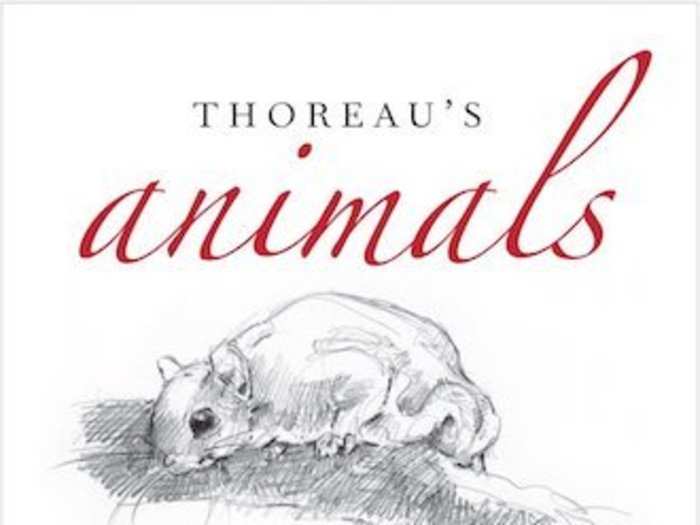
Last year, Yale University Press published a compilation of Thoreau's best journal writing on flowers, "Wildflowers". This year, they're adding "Animals" to the collection.
"Thoreau penned his journal entries with the accuracy of a scientist and the deep spirituality of a transcendentalist and mystic," Thoreau's journal editor Geoff Wisner wrote about the new collection.
The writings describe chasing loons across the surface of Walden Pond and dealing with a runaway pig.
A husband and wife pair predict the future of tech in an illustrated guide.
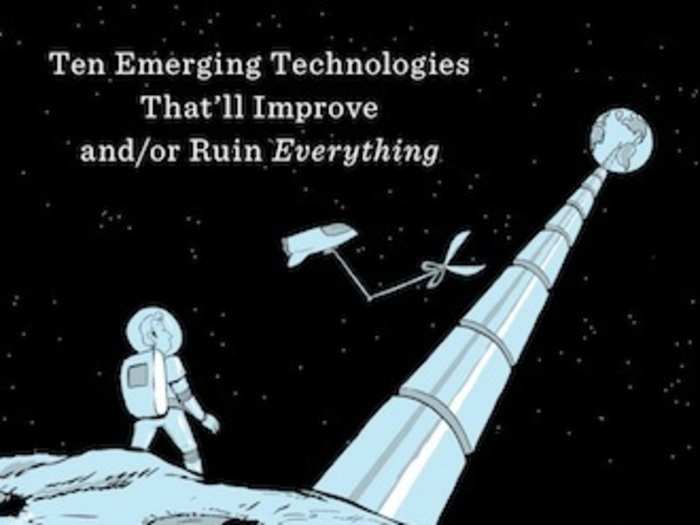
From space elevators to printed body parts, Kelly, a parasitologist, and her husband Zach, a cartoonist, detail the weird ways tech could "improve and/or ruin everything" in their new book "Soonish".
Part comic, part crystal-ball-style prediction engine, the book tackles the future of emerging technologies both imaginary and not-so-far-off. But the authors are clear-eyed about the chances that any of their technologies could actually become mainstream:
"Frankly, it's really freakin' hard to tell you whether any of the technologies in this book will be realized in their fullest form in any particular time frame," they write.
They take a stab anyway, theorizing about the future of rocket launches with reusable rockets, and "nano-bio-machines" that will make genetic disorders a thing of the past "in the next fifty years." Maybe.
In the second novella in Nnedi Okorafor's award-winning trilogy, a young Namibian woman returns home from her first year at college... in outer space.

Forget the Ivy Leagues — Binti is going to the best university in the galaxy. Oomza University is literally out of this world, with Earthlings like Binti attending class with brainiacs from other corners of the galaxy.
But what happens when Binti brings back her friend Okwu, who hails from a warring planet, to meet her family? That's the premise of "Binti: Home", the sequel to Okorafor's 2015 release, "Binti", which won the Nebula award and the Hugo award for best science fiction novella.
Divergent author Veronica Wroth says the book is "a rich, complex story of identity, family, and friendship. It's the rare sequel that exceeds the expectations set by the first—a futuristic story that is nonetheless vivid, emotional, and timeless."
The third and final story in the trilogy, "Binti: The Night Masquerade", is due out in 2018.
Novelist Kim Stanley Robinson imagines what it will it be like to live in New York once it's underwater.
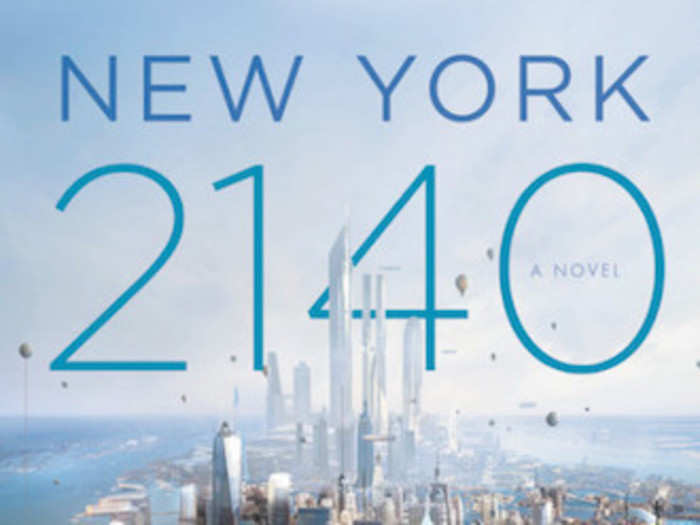
Robinson, who more often sets tales in outer space, imagines life in an underwater New York 120 years in the future in his novel "New York 2140".
With sea levels on track to rise two to eight feet by the end of this century, it's part fiction, part prediction of what life on the island might be like for a future generation of New Yorkers.
But it's not a bleak read.
Business Insider's Kevin Loria, who's currently tearing through the book, calls it a "fascinating page turner" that grapples with the economic and scientific realities for characters living "in a world with higher seas."
Read our review in full here.
A bird lover wants to change the way we think about Darwin's theory of evolution.
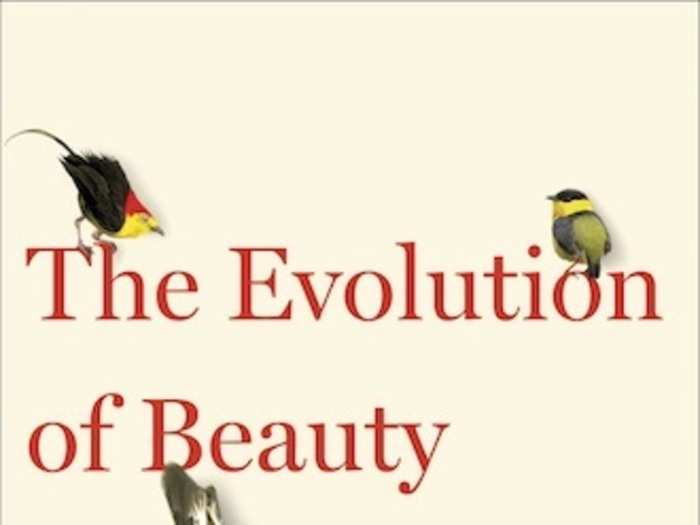
Ornithologist Richard Prum says he's not "over" Darwin.
Instead, "The Evolution of Beauty" reminds readers that mating is a tricky business, and isn't just about having "fittest" feathers or the most practical wings. Birds (and people) are picking mates, and furthering species, for a host of wacky reasons.
As Prum writes in the book, "the science of beauty requires that we get out of the laboratory and the museum and into the field. Fortunately, my bird-watching youth was great basic training for doing natural history research on birds in the field."
Prum's adventures in phylogenetics take a look at what he calls "Beauty Happening," in the high-stakes game of sexual selection. The New York Times dubbed it "survival of the prettiest."
Farmer Wendell Berry pens a beautiful ode to hard work.
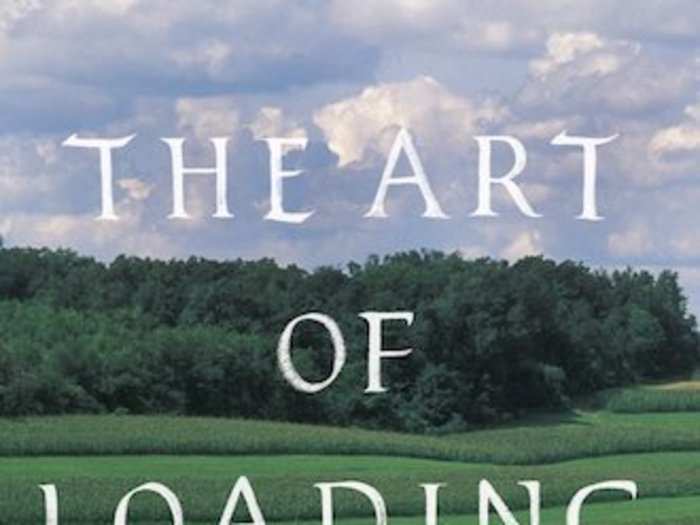
Wendell Berry, the Earth-hearted poet who wrote "The Peace Of Wild Things" comes to terms with life in a divided America in his latest collection of essays and stories, "The Art of Loading Brush".
The Kentucky farmer shares his thoughts on why living close to the land matters, and looks hopefully towards a future of local economies that thrive.
As he writes in the opening pages of the book, the text is "intended as a part of a public conversation about the relationship of our lives, and of our communal and economic life, to the lands we live from."
A sleep expert who's given advice to the NBA, NFL, Pixar, and Google explains why you really should get eight hours of sleep every night.
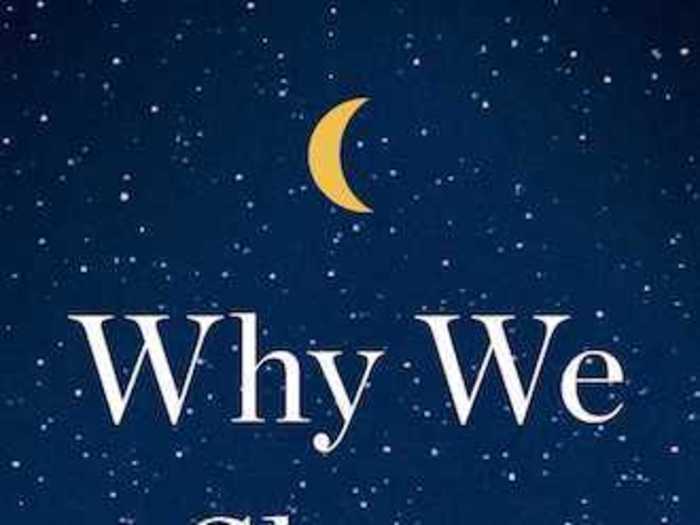
UC Berkeley’s Sleep and Neuroimaging Lab director, Matthew Walker, explores all the fascinating reasons "Why We Sleep" in his new book.
Walker has spent more than two decades studying how sleep impacts health and disease. Now he calls himself a "sleep diplomat" and practices what he preaches: adhering to his own strict schedule of eight hours a night. He says the regimen helps him stay sharp, healthy, and kinder.
In this deeply-researched expose on how to get good sleep, Walker explains why we remember some dreams and not others, and why a lack of sleep is deadly.
After a year aboard the International Space Station, astronaut Scott Kelly describes what it's like to live in outer space.
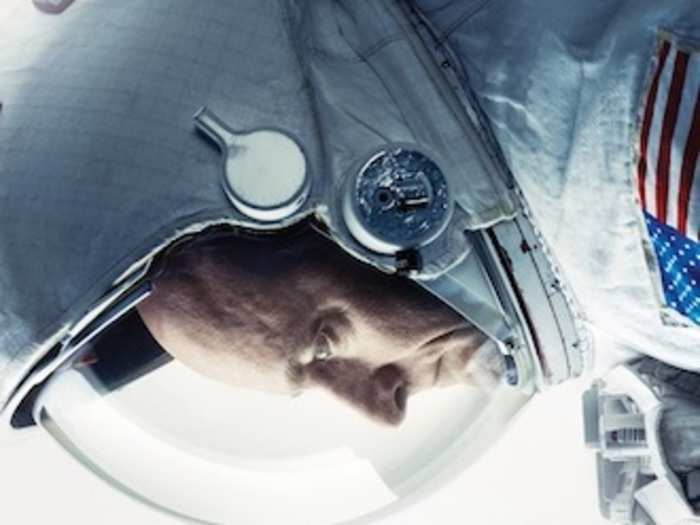
NASA Astronaut Scott Kelly is back. And compared to his twin who stayed on Earth, Scott is taller, his gut bacteria is different, and his chromosomes got longer.
His new memoir, "Endurance", offers a personal glance at his time in space and at his five-decade Earth-based life leading up to the record-breaking journey.
As The New York Times puts it, "he holds nothing back when discussing his battle with prostate cancer, the grief he felt over the loss of his colleagues to the Columbia shuttle disaster, or the emotional strain his year in space creates between him and his romantic partner, Amiko."
NASA asteroid hunter Carrie Nugent describes how to hunt down an asteroid barreling toward Earth.
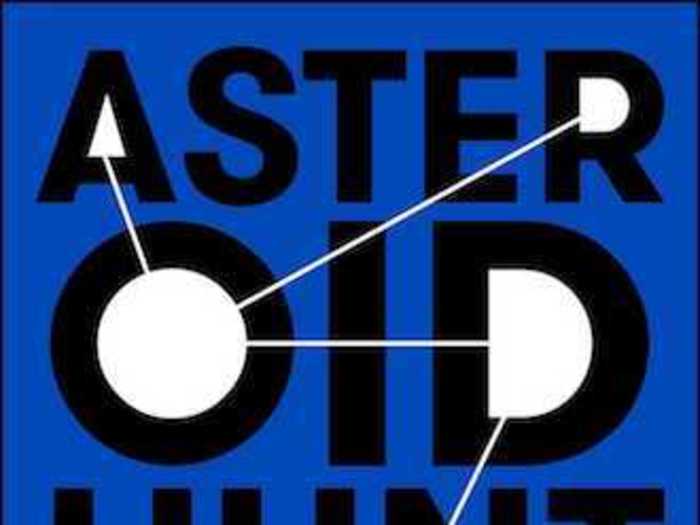
In her 2016 Ted talk, Nugent detailed how space-gazers like herself have only found one quarter of the space rocks that could take out a "medium sized country." But Nugent is working to ensure that won't happen anytime soon:
"Unlike earthquakes, hurricanes, or volcanic eruptions, an asteroid impact can be precisely predicted and prevented," she said.
"Asteroid Hunters" is a quick study guide for anyone curious how the science of hunting and mapping asteroids works.
Superstar astrophysicist Neil deGrasse Tyson's new text is "for all those who are too busy to read fat books, yet nonetheless seek a conduit to the cosmos."
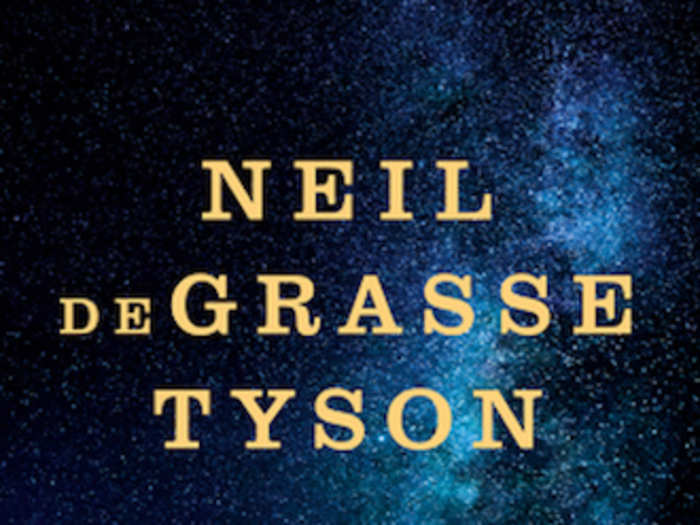
"Astrophysics for People in a Hurry" is a cheat-sheet guide to some of the biggest cosmic questions:
How did the universe form?
What's dark matter?
What kinds of strange signals might we be sending about ourselves to other far-off lifeforms?
As Tyson says, "the universe is under no obligation to make sense to you."
But he's here to help.
A social psychologist explains how to turn conservatives into liberals, and why we're friendlier when holding a hot cup of coffee.
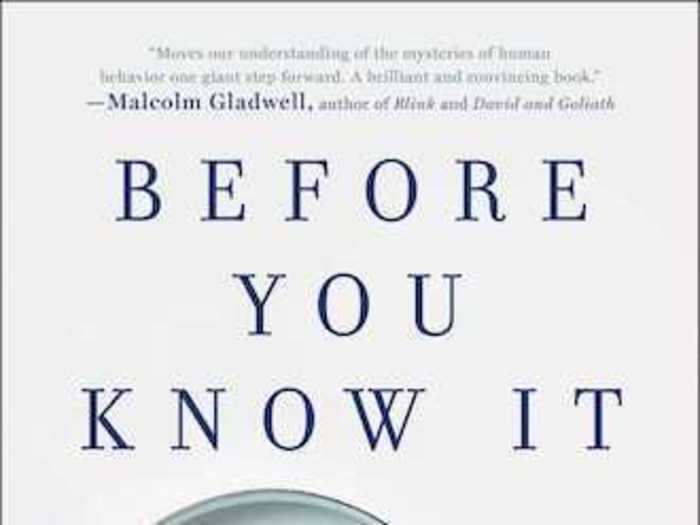
In "Before You Know It", Yale social psychologist John Bargh argues that humans are still living with the "hard-won lessons" of evolution.
"The fundamental drive for physical safety is a powerful legacy of our evolutionary past” he writes. “It exerts a pervasive influence on the mind as it navigates and responds to modern life, often in surprising ways — like who you vote for."
Beyond the voting booth, he says the effects of our unconscious mind extend to everyday actions like washing our hands, which can make people less hostile towards one another. These unconscious forces aren't just promoting prejudices, Bargh says — they're a huge help in our everyday lives, since they make it possible for us to operate on autopilot, without reasoning through every small decision we make.
You can read more about his experiment that successfully turned conservatives into liberals (temporarily, anyway) here.
One of Bill Gates' favorite books of 2017 explains how "energy is the only universal currency."
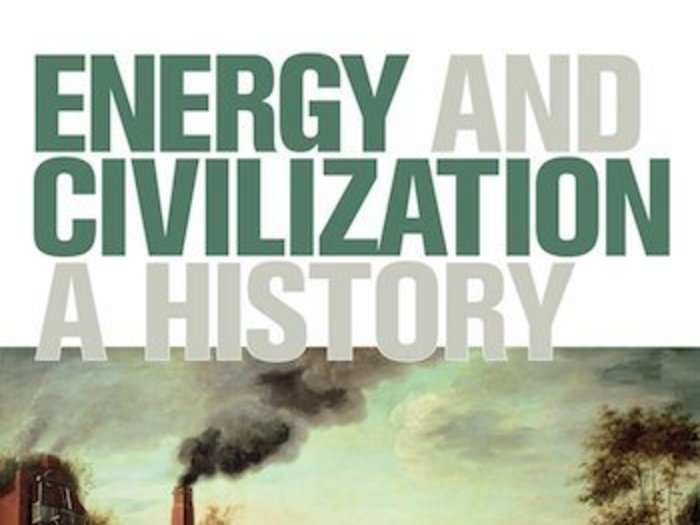
One of Bill Gates' top books of 2017 is also one of ours: "Energy and Civilization: A History".
It's probably the most technical read on this list, but it's a wise look at how energy and economics have intertwined throughout human history.
Author Vaclav Smil is a Czech-Canadian professor who's published more than 40 books on how public policy, population, innovation, food production, environmental change and other forces shape our world.
As Gates put it: "Yes, our history has a lot to do with kings and queens and games of thrones," but, "Smil shows that it has even more to do with energy innovation."
Journalist Derek Thompson looks into the science of hits and flops.
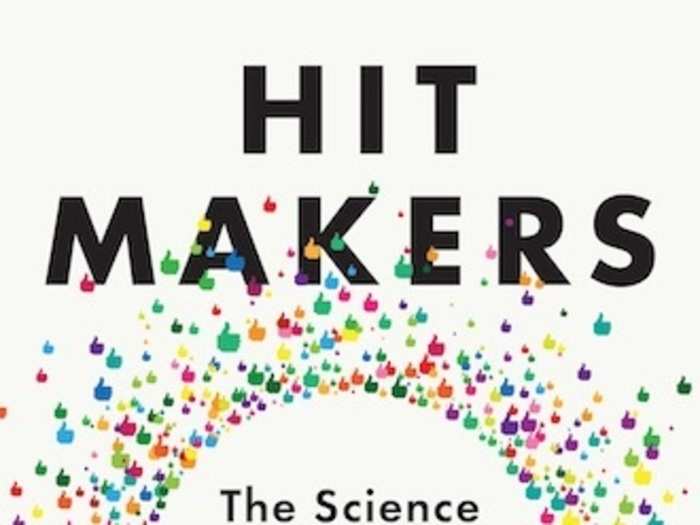
In "Hit Makers", Thompson details how our most basic, evolutionary needs "to belong, to escape, to aspire, to understand, to be understood" have been driving everyday decisions about what's cool for centuries.
Thompson details the rise of hits from 19th century French painters who "made it," to popular rock songs of the 1950s and widely-used 2017 smartphone apps.
No matter the era, he says, people like what's popular, and pure talent or artistic genius is only part of the equation. He also explains why "going viral" isn't really a thing.
John Green, who wrote "The Fault In Our Stars", is back with a story about navigating teenage love and obsessive compulsive disorder.
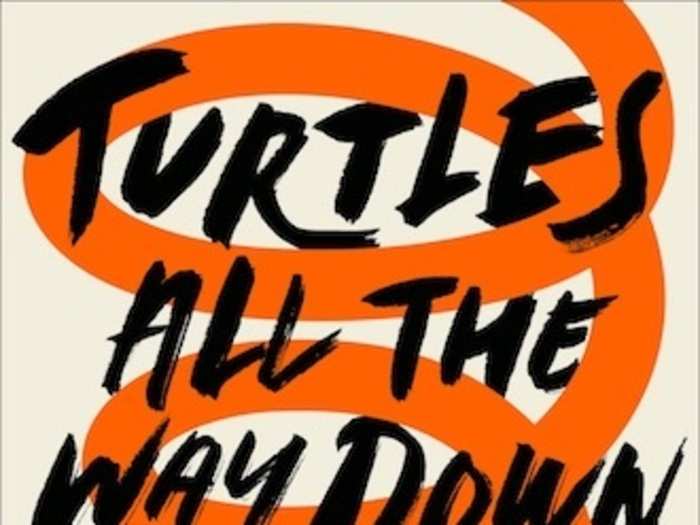
Green is back with "Turtles All The Way Down", the story of 16 year old Aza, a high schooler on a quest for a missing billionaire who's also dealing with a crippling fear of microbes.
In the opening pages of the book, Aza sits in the cafeteria:
"...as I sat beneath fluorescent cylinders spewing aggressively artificial light, I thought about how we all believed ourselves to be the hero of some personal epic, when in fact we were basically identical organisms colonizing a vast and windowless room that smelled of Lysol and lard."
For Green, the novel is both fiction and fact — he draws on his own experiences with compulsion that he says he's been dealing with "since childhood" to make the obsessive compulsive teens' struggles feel real.
Popular Right Now
Popular Keywords
- India’s wearables market decline
- Vivo V40 Pro vs OnePlus 12R
- Nothing Phone (2a) Plus vs OnePlus Nord 4
- Upcoming smartphones launching in August
- Nothing Phone (2a) review
- Current Location in Google
- Hide Whatsapp Messages
- Phone is hacked or not
- Whatsapp Deleted Messages
- Download photos from Whatsapp
- Instagram Messages
- How to lock facebook profile
- Android 14
- Unfollowed on Instagram
Advertisement